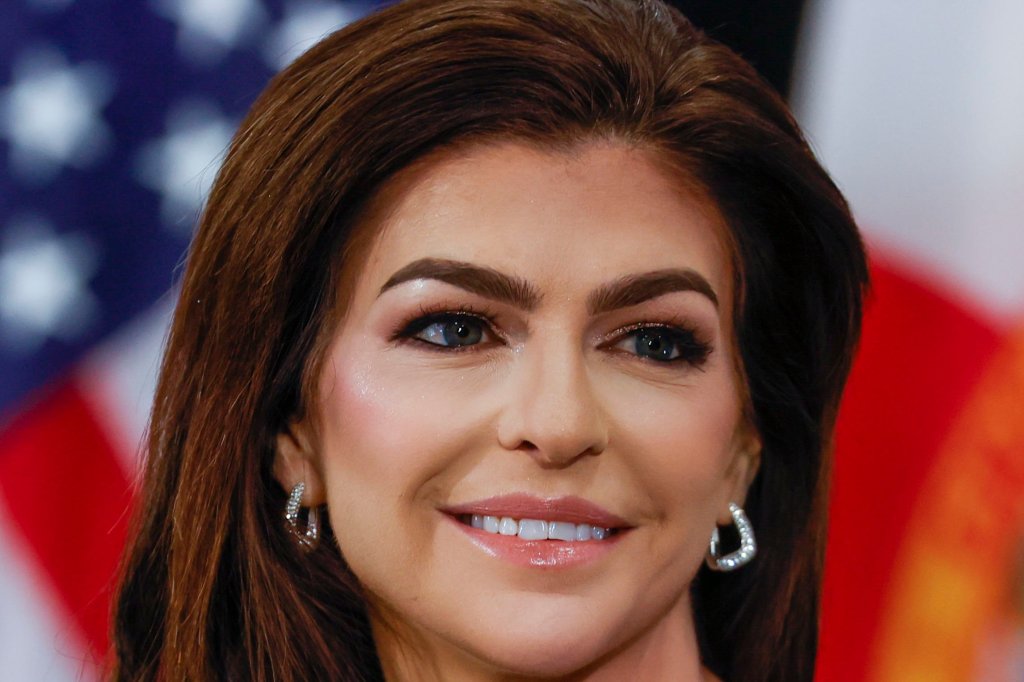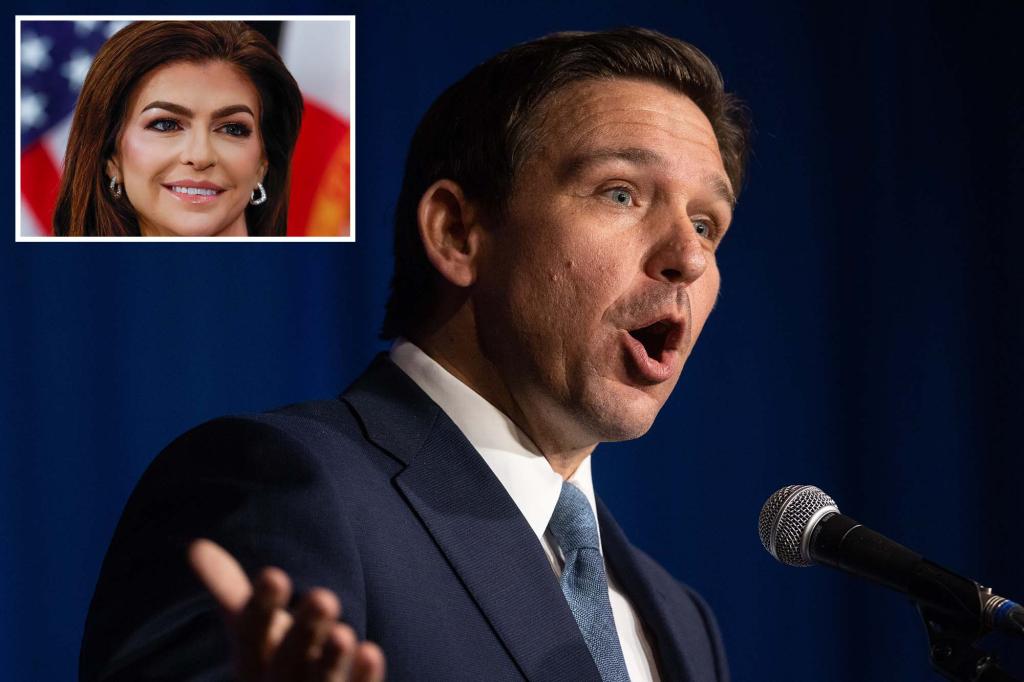Young people are going through a mental health crisis as depression and suicides rise, and sadly, our healthcare system is woefully inadequate to help them.
We regularly see headlines of students committing suicide after being bullied, and murderous school shooters plagued by mental illness, causing preventable injuries and deaths.
But not everyone sits idly by, letting this trend continue. Led by First Lady Casey DeSantis, Florida is taking steps to replace a broken mental health care system with one based on resilient prevention instead of reactive passivity.
Progressives are yelling at Governor Ron DeSantis’ various moves, but that shouldn’t be a partisan issue.
I hope Democrats concerned about saving lives get on board.
Rachel’s Challenge, a nonprofit founded by the father of Columbine’s first victim, teaches millions of school children, preventing many suicides and school shootings through anti-bullying and empathy training.
But as a stand-alone nonprofit, these efforts and others like them require broader systemic support, and Florida is stepping up its efforts.
Florida aims to stop teaching about mental disorders – it gives children the skills to learn how to overcome challenges and prevent these disorders.
Casey DeSantis, who launched her Resiliency Florida initiative in February 2021, last month pushed the Board of Education to revise the state’s academic standards and update its mental health education and 6th grade character building. to Grade 12 to reflect a resilience approach.
These resilience standards emphasize volunteerism, problem solving, critical thinking, compassion, and courage.
Courage is that trait so often lacking in today’s culture that breeds victimization, division, and a hyperfocus on microaggressions.
Florida’s mandatory civics and volunteerism help counter the self-absorption and isolation that plagues our children on social media.
Parenting today too often veers into two extreme dividing lines.
Either overprotective helicopter overlords never let children experience failures and disappointments – or neglectful, absentee guardians let electronics or the streets nurture these precious youngsters.
Both extremes produce children who have difficulty functioning in life, lacking the mental stamina to react to stress in healthy and positive ways.
In my case, my overbearing parents protected me and my seven siblings with extreme tactics, to the point that child welfare authorities almost took us away under suspicion of child abuse.
This hyper-controlling upbringing led to depression, anxiety, PTSD and fibromyalgia in adulthood.
It took many painful years to relearn the basics of stress management and lessen the fight or flight responses to everyday situations.
It’s no wonder slavery abolitionist and statesman Frederick Douglass said, “It’s easier to build strong children than to fix broken men.”
Florida’s efforts are important and set a shining example, but ultimately success in children’s mental health rests with parents.

Casey DeSantis led this educational initiative through conversations with students and parents across the state, as well as school district mental health coordinators, teachers, and professors.
The initiative aims to “reframe and rethink the way we approach mental health”, she said last month. “It’s not about being a victim relegated to a set of circumstances that you can’t overcome.”
Sport is an excellent vehicle for teaching students courage and resilience. The first lady has partnered with professional sports teams and athletes to lend their voices and personal stories, including Orlando Magic, Tampa Bay Buccaneers, Tampa Bay Rays, Miami Heat, Miami Dolphins, NASCAR and LPGA. Athletes supporting this effort include Tom Brady, David Beckham, Peyton Manning and Lou Holtz.
The Resiliency Florida Initiative offers a free program for educators and tools created specifically for parents interested in knowing what resources are available to help their children.
Dr. Chloe Carmichael, clinical psychologist and author of “Nervous Energy: Harness the Power of Your Anxiety,” told me she supports Casey DeSantis’ efforts.
“As a psychologist, I like that the initiative normalizes that life has challenges and takes a solution-focused approach,” Carmichael said.
“The focus on self-efficacy and an internal locus of control can help students guard against feelings of helplessness, which is one of the hallmarks of depression. The proactive approach can also help students better engage in the healthy anxiety function of stimulating preparedness behaviors.
These readiness behaviors train young people to have ingrained healthy cognitive patterns to use when triggered by external stimuli. Despite our recent headwinds, resilient mental health is achievable and necessary for an American turnaround.
Carrie Sheffield is Senior Researcher at Independent Women’s Voice and Tony Blankley Fellow for American Exceptionalism at the Steamboat Institute.

